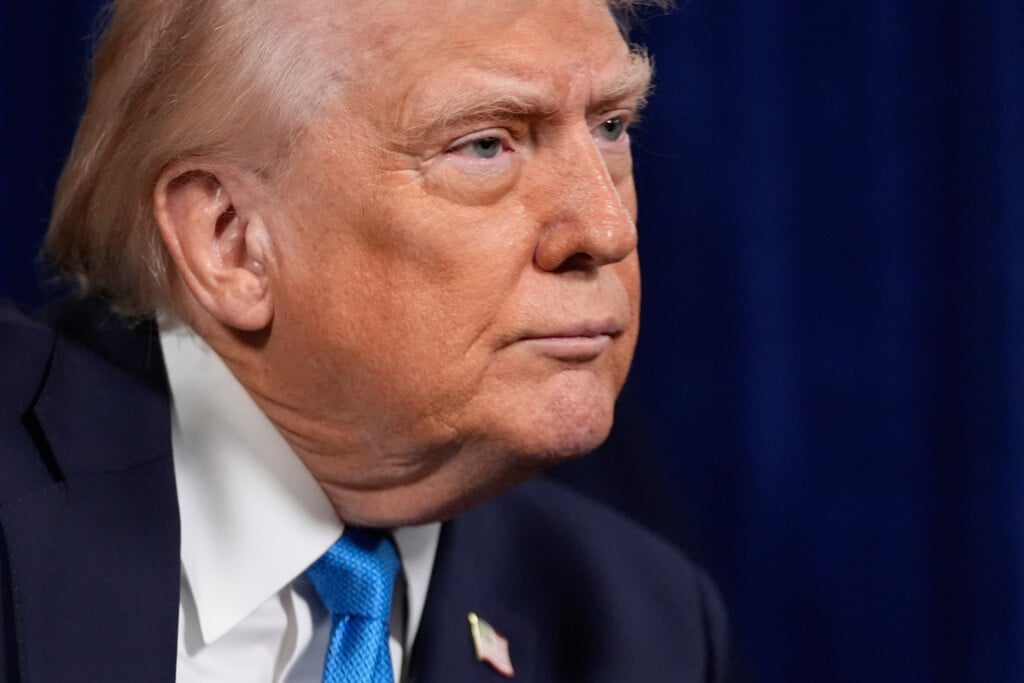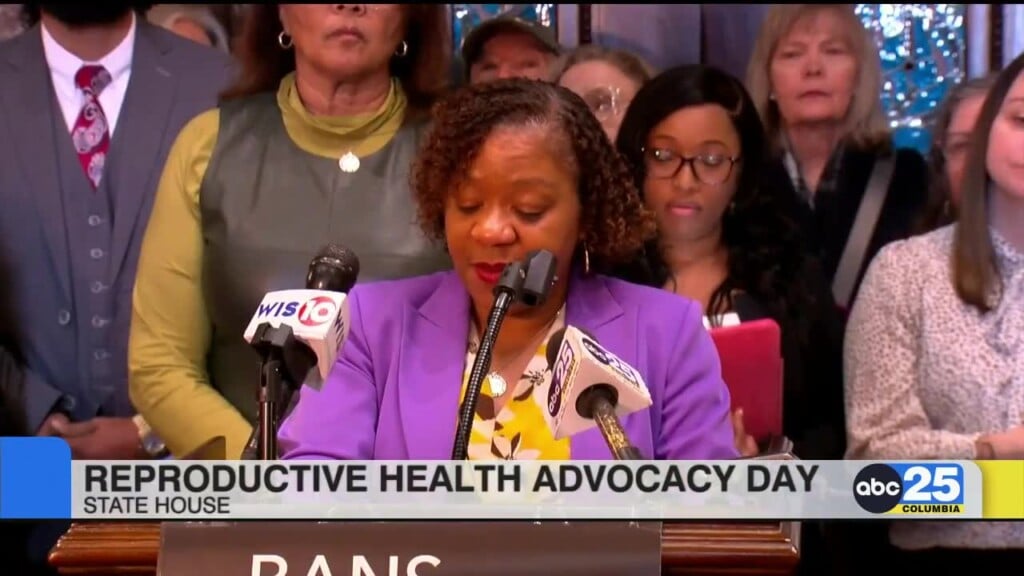McMaster claims ‘devastating consequences’ after Supreme Court strikes voucher program
(WCIV) — A law allowing families to use taxpayer money for private school education violates the constitution, the South Carolina Supreme Court ruled Wednesday.
The 3-2 ruling prohibited paying tuition or fees with Education Scholarship Trust Funds, but the decision allowed parents to use the money for private expenses.
South Carolina Gov. Henry McMaster, a long-time advocate for the Education Scholarship Trust Fund Act, described the ruling as one that may have “devastating consequences” for low-income families. McMaster claimed these families “relied on these scholarships for their child’s enrollment in school last month.”
“It may also jeopardize the future enrollment of tens of thousands of students in state-funded four-year-old kindergarten programs and state-funded scholarships utilized by students at private colleges and HBCUs,” McMaster continued. “For these reasons, and more, we will request the Court to expeditiously reconsider this decision – so that the children of low-income families may have the opportunity to attend the school that best suits their needs.”
South Carolina’s Supreme Court decided on the law after it passed and was signed by Gov. McMaster last year.
The case the high court decided on centers on the part of South Carolina’s constitution that says “no money shall be paid from public funds nor shall the credit of the State or any of its political subdivisions be used for the direct benefit of any religious or other private educational institution.”
The law is part of a nationwide movement. Groups that study the programs report that as many as 16 states have some form of vouchers.
The new law allowed vouchers of up to $6,000 for as many as 5,000 students a year, eventually expanding to about 15,000 students or about 2% of the statewide school-age population. Only families making under about $120,000 could get the assistance, according to The Associated Press.
Allowing parents to spend public money on private schools has been a two-decade effort where Republicans have sought to consolidate power.
Opponents of a voucher education system, including the National Education Association, an organization that representspublic school teachers and other support personnel, have described laws like South Carolina’s as ones that “undermine strong public education and student opportunity.”
The organization continued: “They take scarce funding from public schools—which serve 90 percent of students—and give it to private schools—institutions that are not accountable to taxpayers.”
The South Carolina Education Association President Sherry East praised the court’s decision, claiming that it unequivocally means public taxpayer funds should be used at public schools.
“We are grateful that our court has confirmed that public funds are confined for public education,” East said. “This decision today by our state’s highest court is a great victory for public educators and families across the state who support South Carolina’s public schools. Thanks to the parents, the South Carolina State Conference of the NAACP, and to all who joined us to advocate the importance of investing in public schools rather than diverting critical funds away from them.”
Ellen Weaver, South Carolina’s superintendent, echoed concerns similar to Gov. McMaster following the ruling by the South Carolina Supreme Court striking down portions of the program, citing the joy families possessed when they learned scholarship funds became available to their children. She then vowed to amend what she perceived as a mistimed decision.
“Today’s Supreme Court ruling brings those same families tears of devastation,” Weaver said. “The late timing of the initial filing and subsequent ruling on this case midway through the first quarter of the new school year wreaks havoc on the participating students and their families.
“While I respectfully disagree with the holdings of the majority decision, I remain committed to working with the Governor and the General Assembly to find a way forward to support these students and educational freedom for all South Carolina families. These students deserve better, and I will not rest until they get it.”



